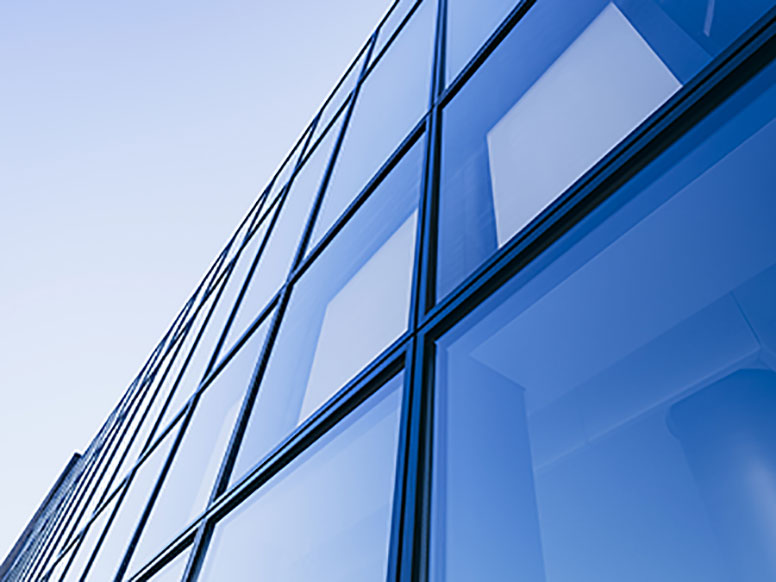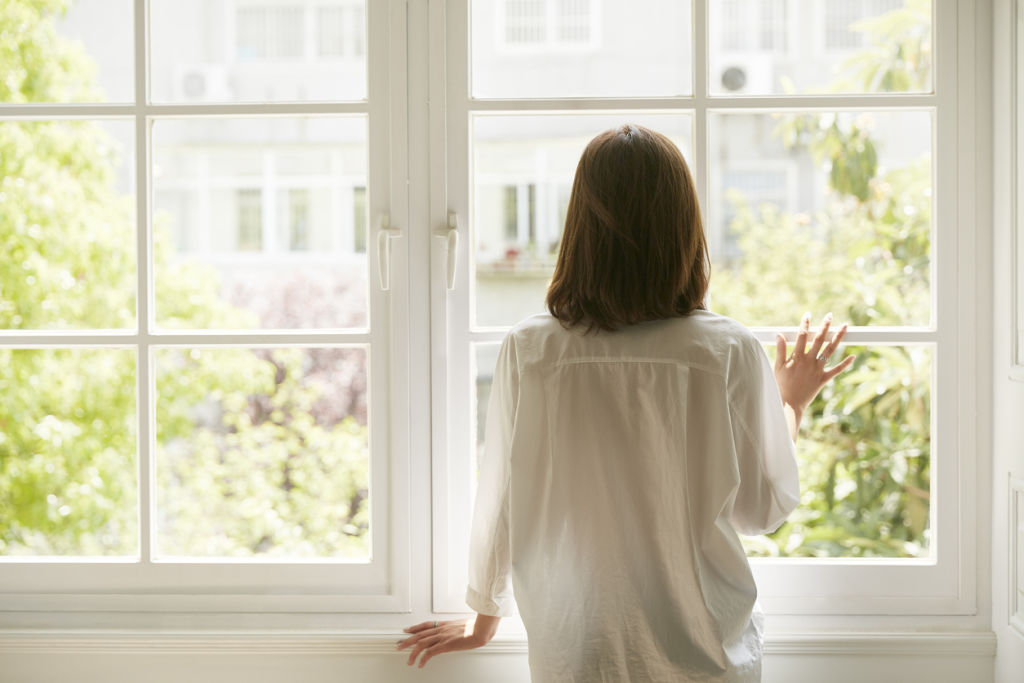All Categories
Featured
Table of Contents
Double Glazed Windows: A Complete Guide in Carlisle Perth
Laminated glass is typically utilized in areas in the house most susceptible to injury from human impact such as bathrooms, doors, around staircases and in areas close to the floor (it fulfills the requirements of 'shatterproof glass' that is mandated for use in these locations by Australian Standard AS 1288 Glass in structures).
Toughened glass has actually been 'tempered' by being reheated and rapidly cooled once again. This procedure makes it much stronger than basic glass it can resist greater impact loads before breaking. It likewise makes it more secure since, when it does shatter, it burglarizes many small cubic pieces rather than harmful fragments.
How Double Glazing Can Help Keep Your Home Cool In ... in Wilson Perth
Toughened glass has no thermal or acoustic advantages over other glass of the very same toning or thickness. Secondary glazing is where single-glazed windows are retrofitted with a transparent acrylic or glass sheet attached to the within the frame or openable sash with a secondary frame or with magnetic strips.
![Best Way To Block Sun Heat From Windows [Professionally] in Cooloongu Perth](https://www.imperialaluminium.com.au/wp-content/uploads/2022/01/Why-Do-You-Need-Double-Glazing-Windows-in-summer-1.jpg)

Secondary glazing will not perform too thermally as a manufactured IGU, since it is impossible to totally seal the boundary, however it can supply great noise control. Window movies are a thin polymer movie including an absorbing color or reflective metal layer, with an adhesive backing. They adhere to your glazing to alter its colour or make it reflective.
The Best Double Glazing Companies In Canberra in Darlington Perth
Applied to existing glass, some window movies can cut in half the total SHGC of the window by soaking up and/or reflecting solar radiation. This can be especially beneficial in hotter environments where cooling is the main concern, or on east and west elevations directly exposed to extended periods of sunlight. Window films may also decrease noticeable light transmittance.

For this factor, it is generally best to use an accredited installer of window movie. Frames have a substantial impact on the thermal performance of windows and doors, since energy can be acquired and lost through the frame, as well as through the glass. Different types of frame will allow different levels of heat gain and loss, so mindful option of frame is important for efficient passive style.
Double Glazing Perth in West Swan WA
Aluminium is likewise a really excellent conductor of heat and will reduce the insulating value of a glazing unit, unless particularly crafted to reduce this. A 'thermally broken' frame is made up of 2 aluminium areas connected by a structural insulator (usually a low-conductivity structural polymer). This 'breaks' the thermal connection through the aluminium and lowers the heat streaming through the frame.
Wood frames are a good natural insulator that can match some home designs. Timber frames need to be made from species that have naturally high toughness or be dealt with to avoid decay and contortion.
Solace Creations: Home in Bertram WA
However, this can result in spaces that enable air infiltration unless great draught sealing (weather stripping) is set up. u, PVC is a form of plastic (unplasticised polyvinyl chloride, also referred to as stiff PVC). u, PVC frames supply excellent thermal performance, often much better than wood or thermally broken aluminium. u, PVC is long lasting and requires really little upkeep, and can be moulded into complicated profiles that offer outstanding air seals.
u, PVC windows and doors have outstanding thermal efficiency Photo: Ben Wrigley (Light Home Architecture and Science) Composite frames utilize aluminium profiles on the outer sections with either a wood or u, PVC inner section. These combine the low upkeep and durability of aluminium with much improved thermal efficiency.
Latest Posts
Reglazing Single Glazed Windows With Double Glazed Units in Yokine Western Australia
Double Glazed Windows in Wattleup Perth
Why You Need Secondary Glazing In The Summer in Viveash Perth